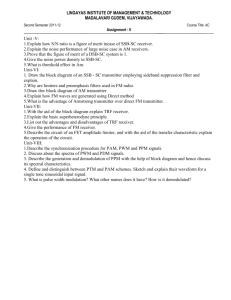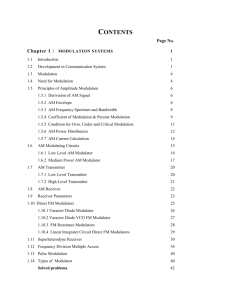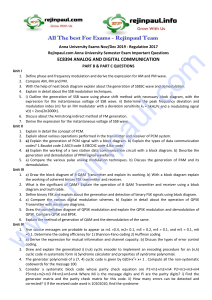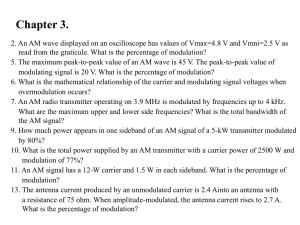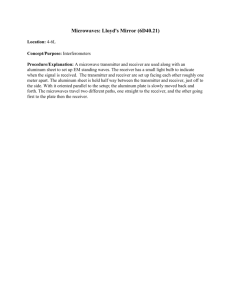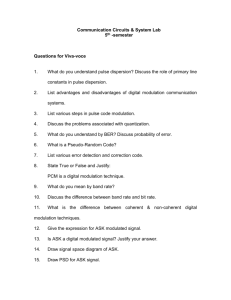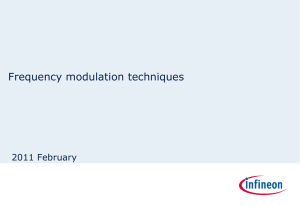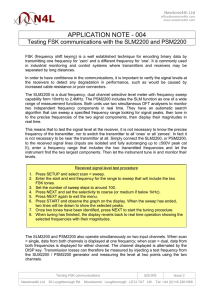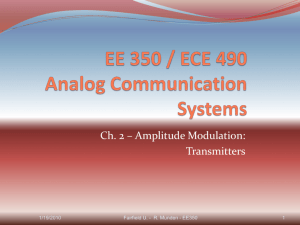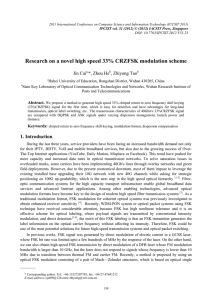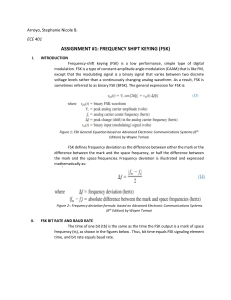mode one - DronEPIC
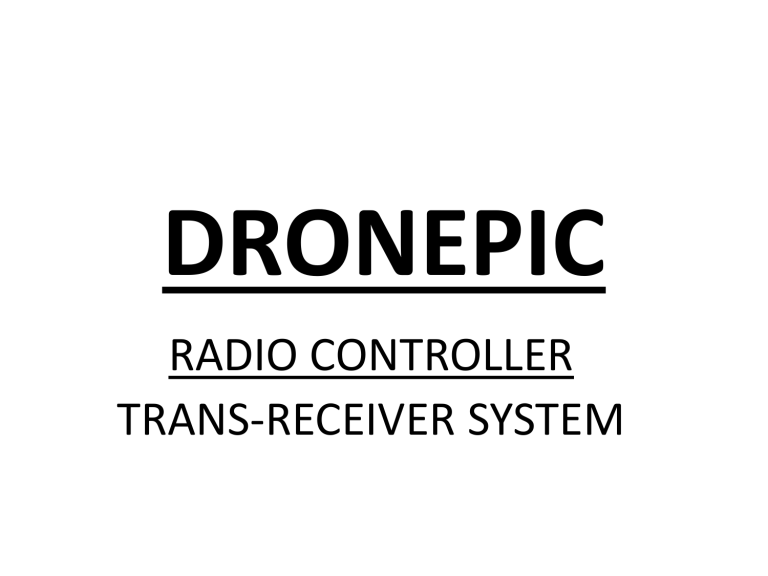
DRONEPIC
RADIO CONTROLLER
TRANS-RECEIVER SYSTEM
• Specifications :
• (1) Channels: 9 Channels TH9X
• (2) Uses: Helicopter ,airplane, glider
• (3) RF power: less than 20db
• (4) Modulation: GFSK
• (5) Code type: PPM/PCM
• (7) power:12VDC(1.5AA*8)
CHANNELS
• Each channel allows one individual thing on the aircraft to be controlled.
• One channel each for throttle and turning right and left.
• One channel each for pitching forward and backward and rolling left and right.
• With more channels than just four, you can even have switch to add functionality on the quadcopter.
MODES
Modes
• There are 2 different Modes – mode one and mode two.
• The mode one configuration has the elevator control on the left joystick and the throttle on the right one.
• The mode two configuration has the elevator control on the right joystick and the motor throttle on the left one
FREQUENCY
• Frequency
• There are two main frequencies we use for radio transmitter, 72Mhz and 2.4Ghz.
• 2.4 GHZ is a newer one, and it’s currently the most common frequency. You get a shorter antenna, but usually shorter range than the
72Mhz. Another good thing is you can usually get away flying with other people, who are using
2.4Ghz as well, but different brands transmitter module.
WORKING OF TRANSMITTERS
• A radio transmitter is an electronic circuit which transforms electric power from a electrical mains into a rapid RF alternating current.
• The rapidly reversing current can radiate off a conductor (the antenna) as electromagnetic waves (radio waves).
• The transmitter also impresses information signal onto the carrier frequency signal.
MESSAGE SIGNAL ENCODING
TECHNIQUES
PCM
• PCM(Pulse Code Modulation) is a method of converting an analog into digital signals.
5
6
3
4
7
1
2
Level
0
Code word
000
001
010
011
100
101
110
111
PPM
• Our area of interest is PPM.
• PPM(Pulse-position modulation) is a form of signal modulation in which M message bits are encoded by transmitting a single pulse in one of possible required time-shifts. This is repeated every T seconds, such that the transmitted bit rate is bits per second.
CIRCUIT DIAGRAM OF PPM
MODULATION TECHNIQUE
• A GFSK modulator is similar to a FSK modulator, except that before the baseband waveform
(levels −1 and +1) goes into the FSK modulator, it is passed through a Gaussian filter.
• Gaussian filtering is a standard way for reducing spectral width and make the transition smoother also called "pulse shaping".
• In ordinary non-filtered FSK, at a jump from −1 to
+1 or +1 to −1, the modulated waveform changes rapidly, which introduces large out-of-band spectrum.
WORKING OF RECEIVERS
• When they strike the antenna of a radio receiver, the waves excite similar (but less powerful) radio frequency currents in it. The radio receiver extracts the information from the received waves. A practical radio transmitter usually consists of these parts:
CIRCUIT DIAGRAM OF FSK RECEIVER
RC Transmitter and Receiver Binding
• Proper binding should be done prior to communicating the Trans-Receiver pair and the pair should be of the same brand.
